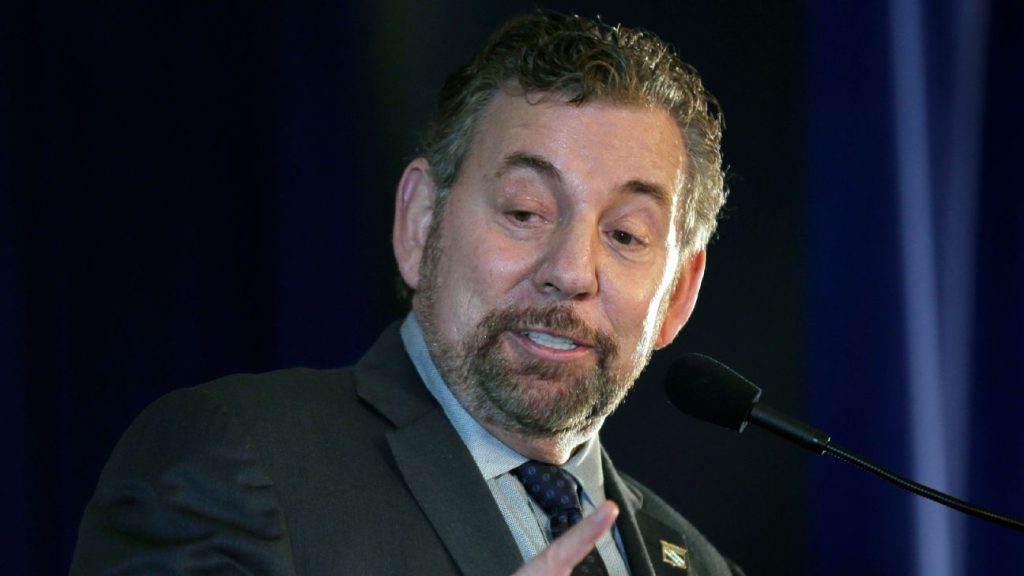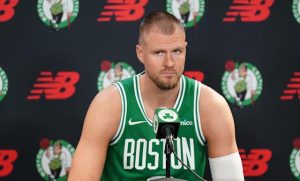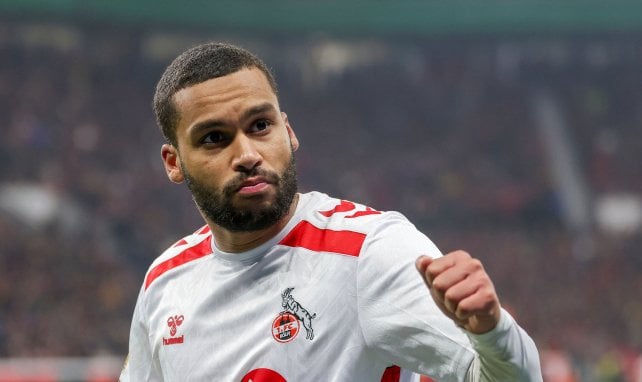
New York Knicks owner James Dolan has once again voiced his dissatisfaction with the NBA’s revenue-sharing policies, targeting the potential 8% cut of the new $74.6 billion media deal by the league office and the impact of a national television and streaming package on regional sports networks (RSNs). This was detailed in a letter Dolan shared with the NBA’s board of governors, obtained by ESPN on Monday.
Dolan has consistently opposed the league’s revenue-sharing system, which redistributes money from lucrative local media rights and sponsorships in major markets to smaller-market teams. In a November letter to the board, Dolan resigned from the league’s advisory/finance and media committees. He previously filed an unconventional lawsuit against the Toronto Raptors, questioning Commissioner Adam Silver’s impartiality.
In his latest letter, Dolan outlined new objections based on a league proposal regarding the distribution of revenues from the newly negotiated $74.6 billion media deal.
“The NBA has shifted to an NFL model, diminishing the importance of local markets,” Dolan wrote. “Soon, your only revenue concern will be ticket sales and next year’s jersey color. Revenue pooling ensures you’ll neither succeed nor fail on your own merits.”
Dolan criticized the league’s plan to retain “$6 billion (or 8 percent) of the total-NBA related fees” without providing sufficient justification or transparency about how the sum was determined, how the fees will be allocated, or how the league will use this revenue growth.
He compared this to the league retaining $15 million (0.5%) from the current media deal for the 2024-25 season, expressing dissatisfaction with the proposed increase to $358 million in 2025-26. Dolan also highlighted issues with revenue sharing in the league’s sponsorship and local television packages, arguing that the proposal would negatively impact the value of each team’s local sponsorships, including a significant reduction in camera-visible benefits at home games and the loss of exclusive promotion during national broadcasts.
Dolan noted the decline of 42 million households abandoning traditional paid television over eight years, including a 45% decline for the Knicks’ MSG Network, compounded by the league’s new streaming and television deals. He argued that the new national deal renders RSNs “unviable.”
“Teams rely on revenue from local rights fees and fan engagement through high-quality local broadcasts,” Dolan wrote. “The proposal threatens to eliminate RSNs without a comparable replacement and no plans to address the production and distribution gap.”
He warned that the increased number of exclusive and non-exclusive national games would allow national partners to air nearly half of the regular season and all postseason games, reducing the available games for RSNs and risking the viability of the RSN model. The inclusion of streaming partners like Amazon Prime Video and Peacock would allow fans to bypass their RSNs to watch certain games, with no local protections for RSNs.
In conclusion, Dolan wrote, “We believe many of our counterparts across the league share our concerns. The league will argue that franchise values will continue to rise, but that implies owners will eventually sell. Pride of ownership is sacrificed as we become a one-size-fits-all organization. Remember, we did this on the backs of owners like Jerry Buss.”







